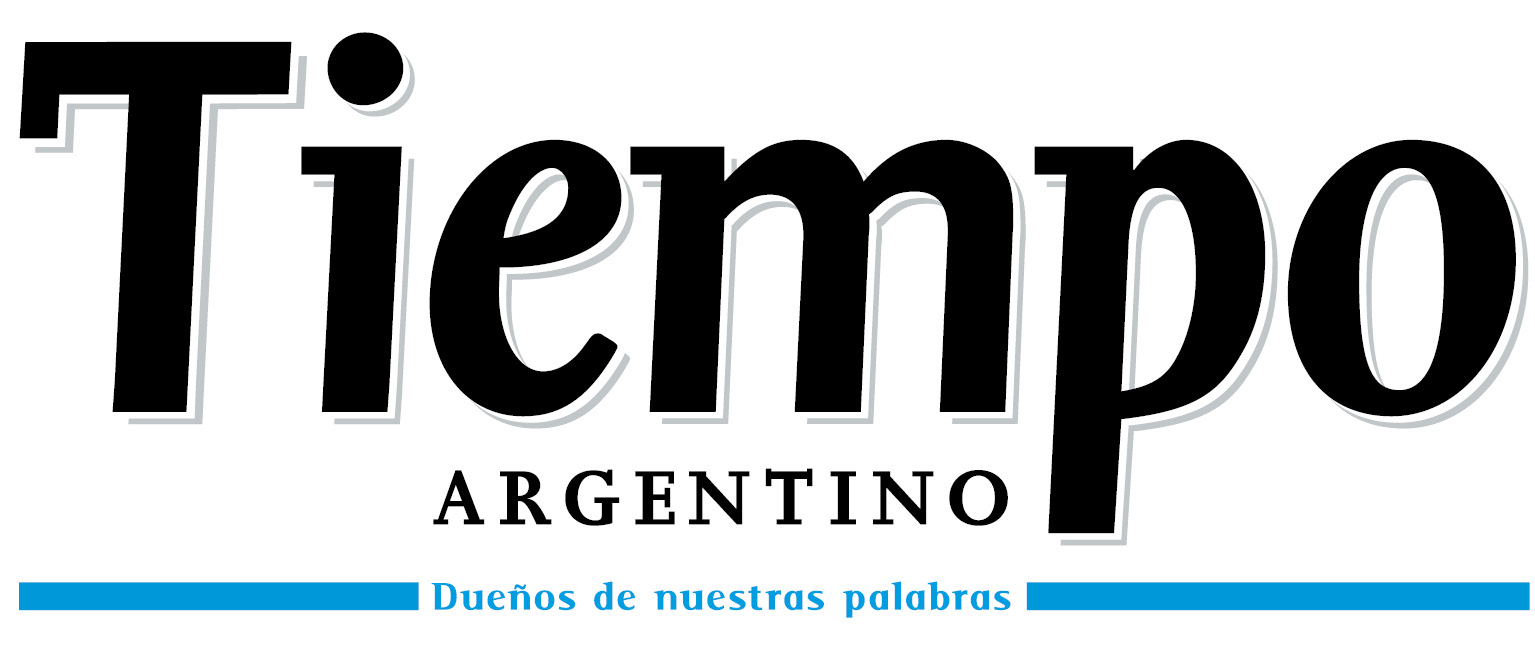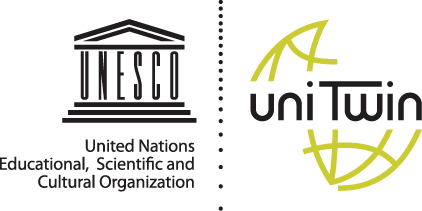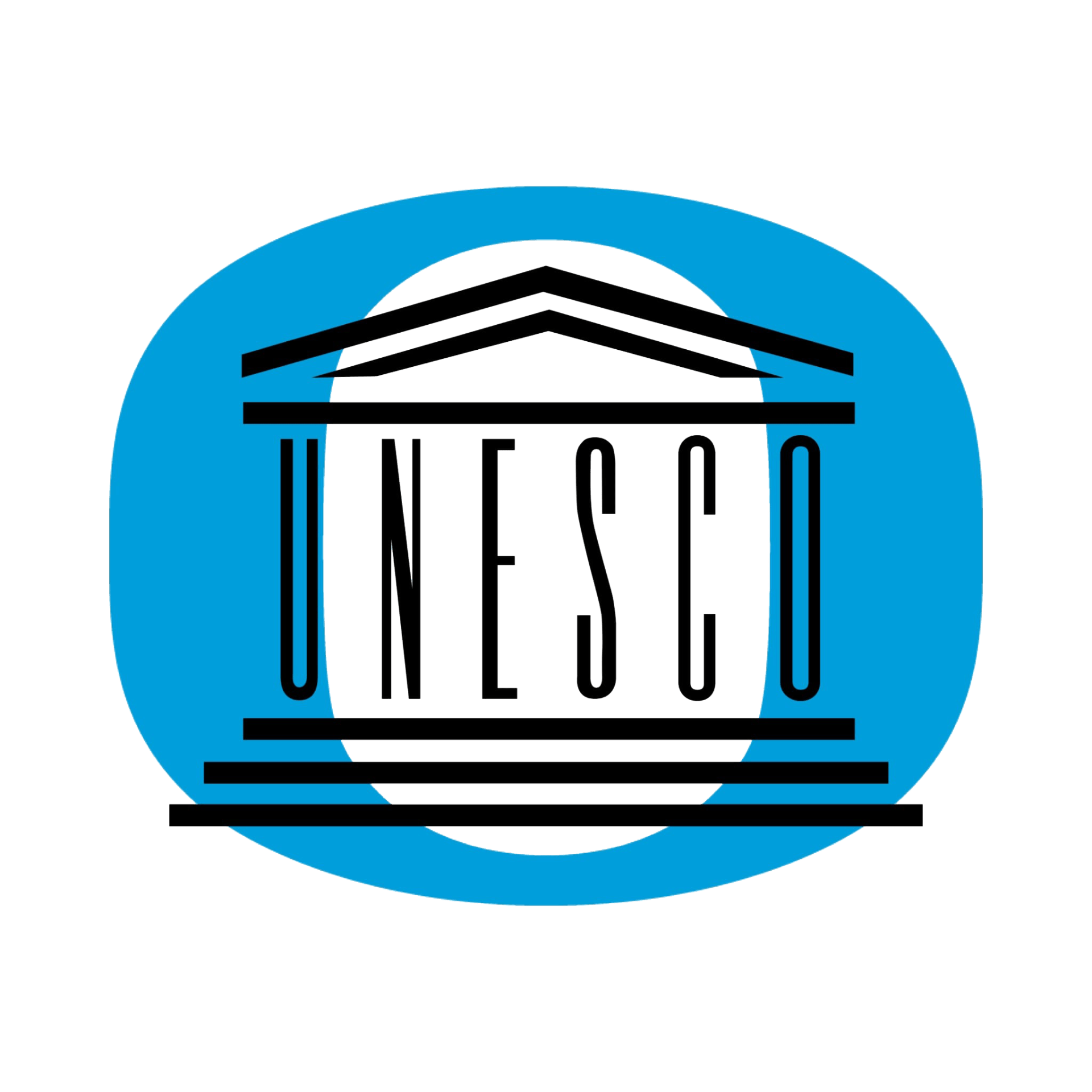Our Partnerships
The Crossings Institute partners with schools and departments across the University of Oregon campus along with colleagues at UNESCO and collaborative academic and professional institutions worldwide.

Tiempo Argentina
Tiempo Argentino is a national newspaper and one of the sole voices currently shedding light into Argentine government corruption and abuse of power. It is run by Por Más Tiempo, the biggest media cooperative in Argentina, which consists of 105 journalists, designers and photographers. Tiempo prints a weekly edition on Sundays and publishes a digital edition the rest of the week (tiempoar.com.ar). The work of Tiempo Argentino became known worldwide when its newsroom was attacked in July 2016 by men who tried, with police complicity, to stop the newspaper from being published.
Rotary International
Rotary International’s relationship with the United Nations had already been established when the UN was founded in 1945. At the UN Charter Conference in San Francisco, nearly fifty Rotarians served as delegates, advisors, and consultants.
In 1945, Rotary International had clubs in 65 countries and was working to further international understanding, good will, and peace through a world fellowship of business and professional persons united in the ideal of service. The purposes of the UN—to maintain an international peace and security; to develop friendly relations among nations; to help solve international economic, social, cultural, and humanitarian problems; and to promote human rights—parallel those of Rotary.
Rotary’s work in promoting peace through education began as early as 1943 with a London conference on international, cultural, and educational exchanges. Working under the premise that “war begins in the minds of men,” the conference was attended by ministers of education and observers from around the world and was an early inspiration for UNESCO, established in 1946.
Rotary International established consultative status with the UN and UNESCO beginning in 1946-47. In one of the first cooperative activities with UNESCO, the Rotary Foundation awarded a $5,000 ‘grant-in-aid’ for fellowships to social service and educational leaders in war-devastated countries. The funds were designed to provide training to those who trained others. UNESCO identified prospective recipients.
During the Cold War, RI’s relationship with the UN system became more distant. Between the mid 1950s and mid 1980s, the formal system of representatives gradually dissolved. Consultative status with UNESCO terminated in 1971 and relations cooled for more than 25 years.
In the mid 1980s, RI reestablished consultative status with the UN Economic and Social Council (ECOSOC), largely to facilitate collaboration for Rotary’s polio eradication program. Since 1993, Rotary has held the highest consultative status offered to nongovernmental organizations by ECOSOC.
In 1993, RI also reestablished consultative status with UNESCO. Since that time, the RI President has annually appointed Rotary leaders as the organization’s representatives at UNESCO Headquarters in Paris. RI’s current Representatives to UNESCO, Bernard Dervaux and Cyril Noirtin, served on UNESCO’s NGO Liaison Committee and work closely with their UNESCO colleagues to promote collaboration in a variety of areas, including water rights, sanitation, and literacy.
In recent years, Rotary and UNESCO have strengthened their cooperation. In 2003-04 and 2004-05, RI and UNESCO issued joint statements encouraging local Rotary clubs to collaborate with National Commissions for UNESCO on local cooperative projects. In 2006, Rotary and UNESCO hosted the Action for Water Conference in Paris to discuss collaborative opportunities in the freshwater sector. Within the framework of the UN Literacy Decade, several Rotary leaders participated in UNESCO literacy conferences held in Beijing, Bamako, New Delhi, and Mexico City in 2007-08, sharing examples of Rotary’s literacy and education projects worldwide.
What is the UNITWIN Network on Interreligious Dialogue for Intercultural Understanding?
UNITWIN is the abbreviation for UNESCO’s university twinning and networking system. The UNITWIN/UNESCO Chairs Program was conceived as a way to advance research, training and program development in higher education by building university networks and encouraging inter-university cooperation through transfer of knowledge across borders.
Since it was founded in 1992, the program has sparked great interest among member states. Today, 712 UNESCO Chairs and 45 UNITWIN Networks are established within the program, involving over 700 institutions in 116 countries.
University of Oregon Professor, Steven Shankman is a Chair of UNESCO’s Network of Interreligious Dialogue for Cultural Understanding. There are currently only twenty-seven Chairs worldwide in UNESCO’s Network on Interreligious Dialogue for Intercultural Understanding. This site provides detailed information on each Chair, including recent publications and events hosted by UNESCO Chairs around the world.
For information about other UNESCO Chairs or UNITWIN Networks, please click here to visit the UNESCO/UNITWIN website.

